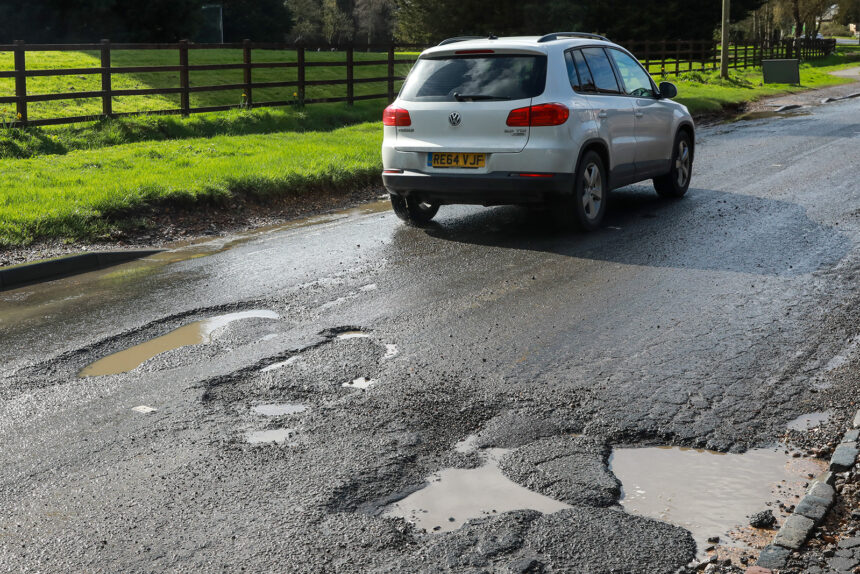The Department for Transport (DfT) has come under fire in a scathing report by the House of Commons’ Public Accounts Committee for failing to properly care for local roads, leading to what has been described as a “national embarrassment.” The report highlights the deteriorating state of England’s local roads, with the DfT lacking knowledge of their condition and failing to effectively allocate funding for their maintenance.
The committee’s inquiry revealed that the DfT does not have a clear understanding of how local authorities are using the funding provided to them, as it is not ring-fenced, and lacks a clear vision for what it hopes to achieve with this funding. This lack of oversight has resulted in a focus on short-term repairs rather than long-term solutions for the 183,000 miles of local roads across England, which make up 98% of the total network.
This criticism comes on the heels of a report by the National Audit Office (NAO) last year, which stated that the government is unaware of whether the £1.6 billion in taxpayer funds allocated for road maintenance is actually making a difference. The NAO also criticized the DfT for not having a comprehensive understanding of the condition of local roads and for not effectively allocating funding to local authorities.
Sir Geoffrey Clifton-Brown, chairman of the Public Accounts Committee and Conservative MP for the North Cotswolds, expressed concern over the deteriorating state of England’s local roads, calling it a “national embarrassment.” He highlighted the economic and safety implications of poorly maintained roads, emphasizing the need for the government to take action to address these issues.
In response to these findings, the Committee has put forth nine key recommendations. These include urging the DfT to clearly outline its roles and responsibilities in caring for local roads and to work with the Ministry for Housing, Communities and Local Government to improve data collection on road conditions.
The report serves as a wake-up call for the government to take the condition of local roads more seriously and to prioritize long-term solutions for their maintenance. It is evident that a more proactive and strategic approach is needed to address the deteriorating state of England’s local roads and ensure the safety and well-being of road users.







